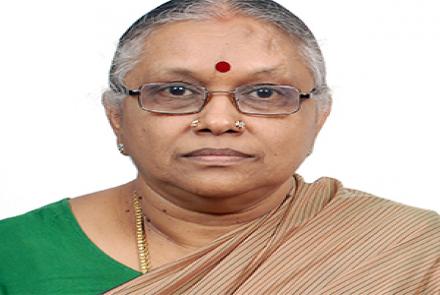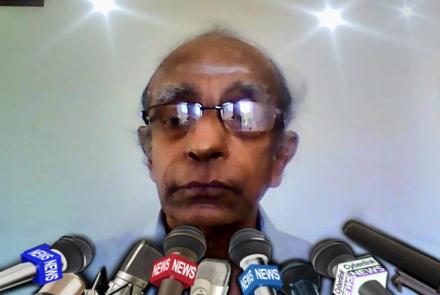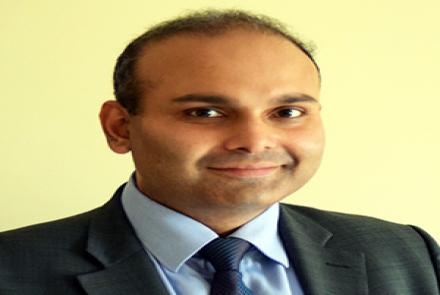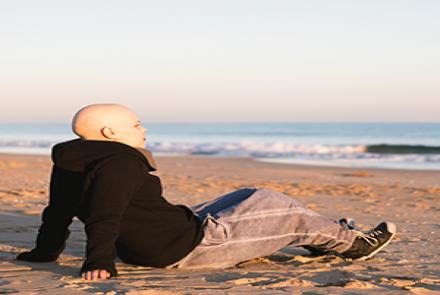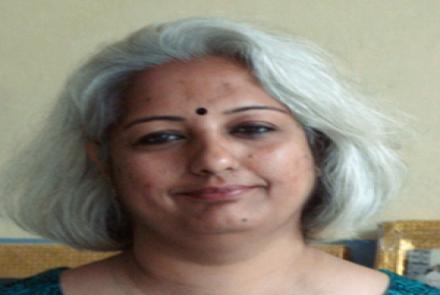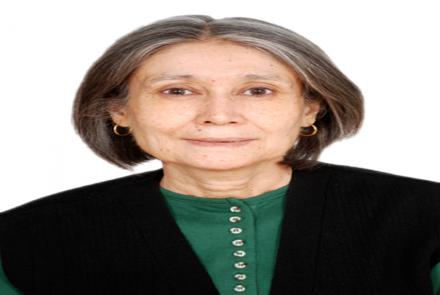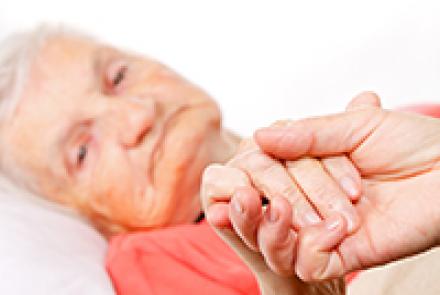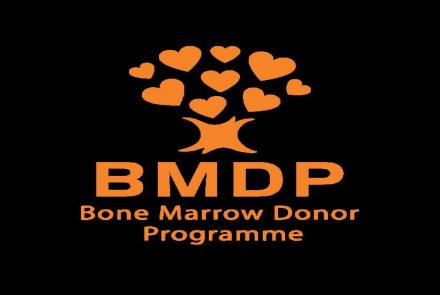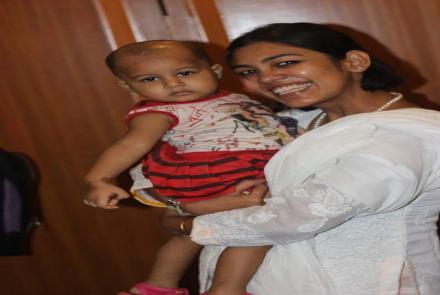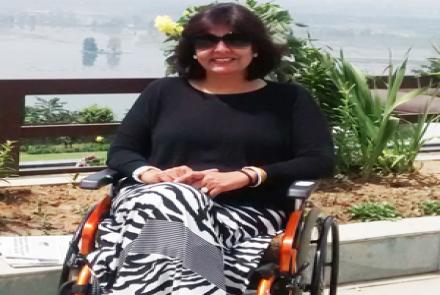
Nearly 50% of brain tumours detected are cancerous. While advances in immunological and genetic testing will make early detection possible, your biggest wall of armour will be leading a healthy life, emphasizes Dr. Mohinish Bhatjiwale, consultant neurosurgeon at Nanavati Hospital.
What are the most common symptoms of brain tumour?
The most common symptoms of brain tumour is headache, unremitting headache associated with vomiting and blurred vision, weakness of any one side.
What percentage of brain tumour is cancerous?
In the last 25 years of my practice, we have seen nearly 50% brain tumours being malignant. We have seen an increase in this number in the last few years.
What is glioblastoma?
This is the most malignant form of brain tumour. It has high grade of malignancy. Life expectancy is very less. Most of the patients are shocked to know that they such a large tumour at presentation itself. Symptoms can be rapid in progression.
What factors affect the chances for survival for patients after a malignant brain tumour?
The survival of the patient depends on the totality of surgical excision of the tumour and the grade of malignancy.
Is it common for a brain tumour to recur? How often is it important to schedule follow-up visits?
The tumour can occur depending on the totality of the surgical excision. It depends on whether the tumour is malignant or not. The follow should be done after at least 3 months after surgery.
What are the latest tests and treatments for this type of cancer?
The latest tests include both immunological and genetic advances. These tests help in early detection. Use of cyberknife for smaller tumours is also the latest technology.
Who is most at risk for brain tumour?
Since there are no definite causative factors, as a whole it can occur in anybody. However, certain types of benign tumors like neurofibromatosis are familial.
Can brain tumour impact cognitive abilities and result in memory problems?
Of course since it is located in left dominant hemisphere.
On World Brain Tumour Day, could you share a few tips to prevent brain cancer?
- Healthy lifestyle
- Stay close to nature
- Genetic testing in the future
- Avoid being around the sources of radiation
Dr. Mohinish Bhatjiwale, consultant neurosurgeon at Nanavati Hospital.


